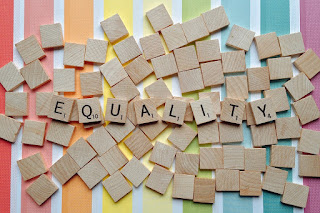I have heard it suggested that the most true and pure form of Quakerism would be to follow the Light “purely”, directly, with neither story, nor symbolism, nor any form of tradition. It certainly follows logically from the idea of our direct experience of the Divine (or God, Light, whatever you want to call it). In a sense, it might be the Platonic ideal of Quakerism.
The problem is, it isn’t really possible.
We do not live in a world of Platonic ideals. The ideal triangle, the ideal sphere, the ideal rock – all are beyond our grasp. The ideals of purely conceptual things are similarly beyond us (indeed, some would argue that all Platonic ideals are conceptual). We shall never attain ideal democracy, ideal equality, nor even ideal faith or ideal love.
So far, so general and dismissive, you might think. It is only fair to ask that I give more specific, concrete, practical reasons to object to such a theoretically laudable objective – for we would surely follow the Divine most faithfully if we were not impeded by preconceived ideas of its nature or how it might direct us. Of course, as the matters involved include cognition, my points will still be somewhat abstract, or at least not tangible, but they ought to be more concrete than “ideals are unattainable, therefore it can’t be done, quod erat demonstrandum” – which is, after all, not just snobbily dismissive, but also somewhat begging the question.












